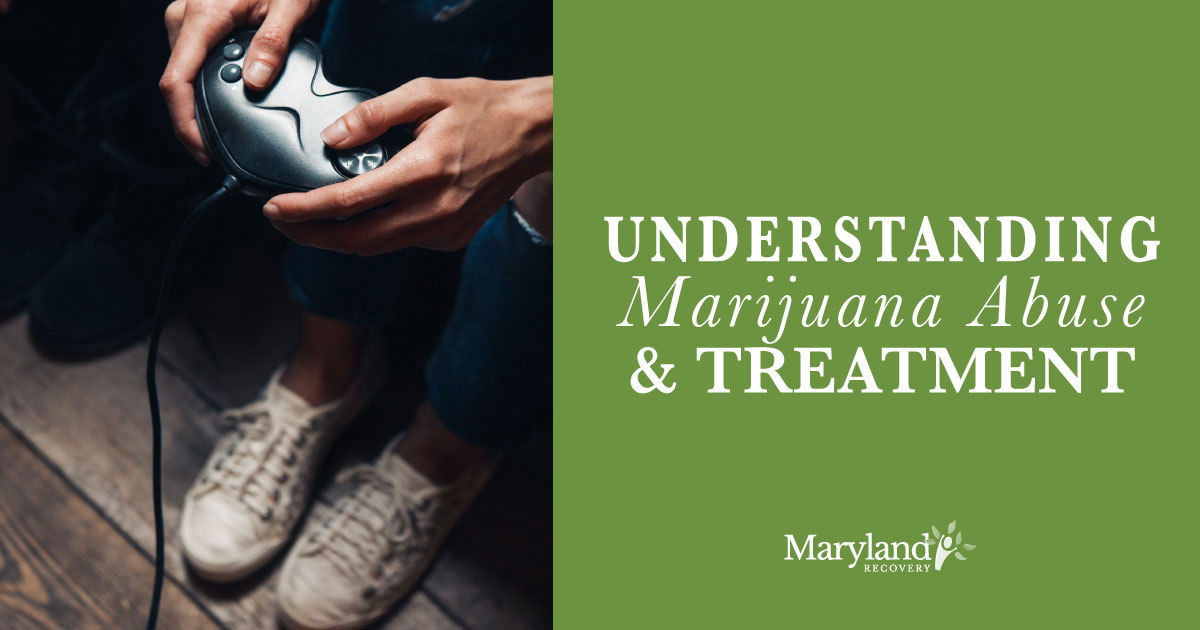
Marijuana is the most commonly used illegal drug in the United States. While the drug is not physically addictive, using this drug consistently can lead to problems with memory, cognitive development, judgment and behavior. The drug can also cause a number of health issues, including respiratory problems. The best way to combat marijuana abuse is to increase awareness about the drug and its harmful effects.
Understanding Marijuana Abuse
Marijuana is harvested from the cannabis plant, which takes its name from the delta-9-tetrahydrocannabinol (THC) found in its leaves and stem. Cannabis affects the brain’s endocannabinoid system, a set of receptors that regulate how the brain sends, receives and processes chemical signals. THC slows down communication between brain cells, interfering with the endocannabinoid system’s normal functions and producing the numerous side-effects associated with smoking marijuana. The following statistics reflect just how pervasive marijuana abuse is across the U.S. and in Maryland:
- More than 11 million adults ages 18 to 25 reported using marijuana in 2015
- Marijuana arrests increased nationwide by 150% during the 1990s
- Approximately 450,000 Maryland residents reported using Marijuana in 2007
- Marijuana arrests increased in Maryland by a rate of 4.37% annually between 2003-2007
Short- and Long-Term Effects
The “high” sensation that many marijuana users seek out is the result of chemical reactions occurring between THC and the body. Once THC enters the bloodstream, the chemical begins to affect the central nervous system and the immune system, resulting in changes to the user’s mood or consciousness. In addition to the sense of euphoria associated with smoking marijuana, abusing the drug has numerous short-term consequences:
- Bloodshot eyes
- Depression
- Difficulty thinking and problem solving
- Distorted sense of time
- Dizziness
- Hallucinations
- Impaired memory
- Impaired movement
- Increased appetite
- Low blood pressure
- Paranoia
- Altered digestion
Abusing cannabis over an extended period of time has numerous long-term consequences as well. Many individuals assume that marijuana has no long-term consequences due to its growing legality and limited risk of an overdose. However, long-term marijuana effects can be quite serious and include:
- Substantial loss of cognitive development
- Respiratory problems
- Increased rate of heart attack
- Effects on the reproductive system
- Mental illnesses
Marijuana Counseling and Treatment
An experienced addiction treatment center can address marijuana abuse through a careful mix of detoxification, counseling and life skill education. At Maryland Recovery Center, we offer tailored marijuana abuse treatment programs that address the individual needs of each patient.
We treat numerous types of addiction, including addictions to multiple substances and addictions that co-occur with a mental illness. Our unique approach to recovery combines the benefits of outpatient and inpatient treatments into a single program that helps our patients achieve long-term addiction recovery. To learn more about our treatment methods for marijuana abuse, contact us at (877) 762-3766.
Reviewed by Christopher Schwartfigure MS, LGPC, CAC-AD








